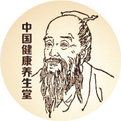Guoren Health Online: Focus on the health of the Chinese people, sharing health information, wellness knowledge, mental health, TCM health preservation, healthy diet, dietary therapy, health knowledge, common life knowledge, and sexual health every day. Stay away from sub-health; health is a mindset! Understanding health preservation allows you to take charge of your own body! Let health preservation become a habit! Below is today’s shared content.
Click the image to enter the Guoyi Ancient Formula Health Preservation Mall
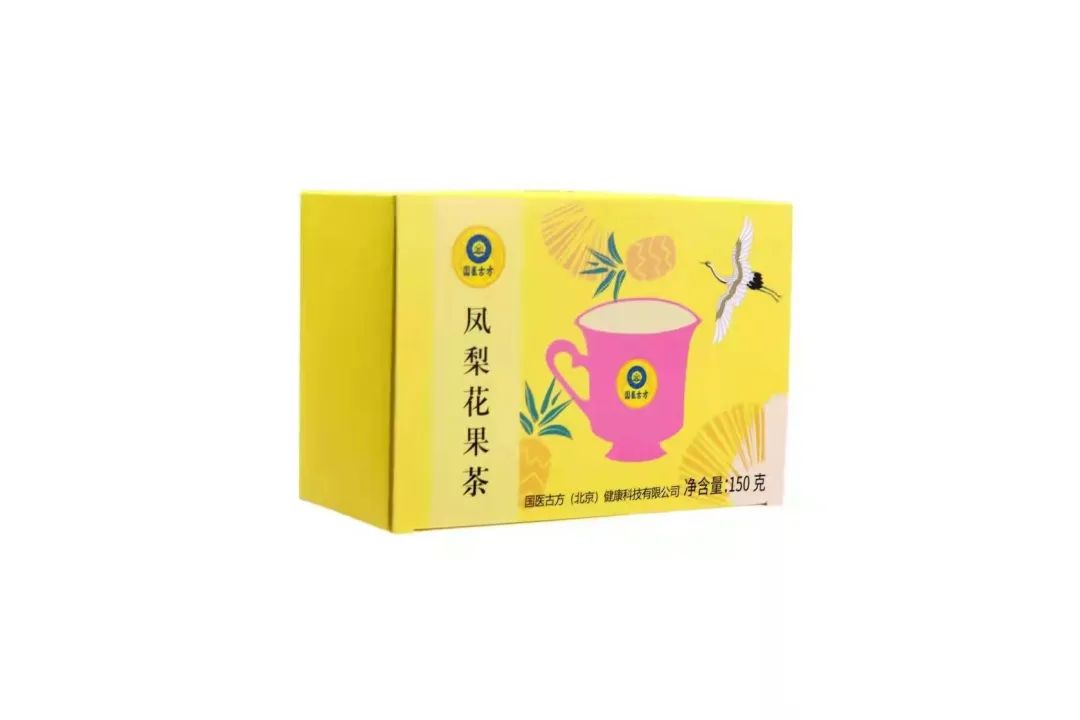
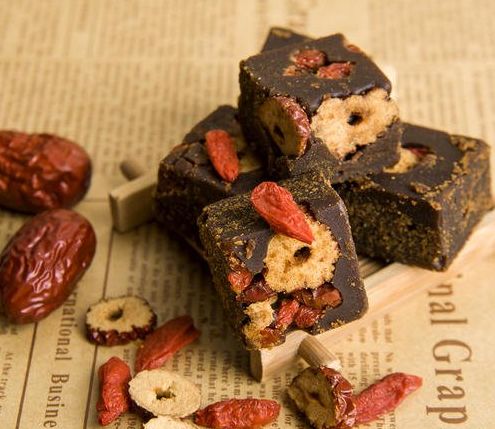
Why have I suddenly become more susceptible to illness, with a poor appetite? Why do I feel dizzy when bending down and standing up, even experiencing vertigo? Looking in the mirror, I notice a pale complexion, hair falling out easily, and many vertical ridges on my nails? Why do I keep taking medication, yet my chronic illness shows no improvement? Why do I always feel weak, dizzy, and short of breath?
These symptoms point to one issue:anemia.
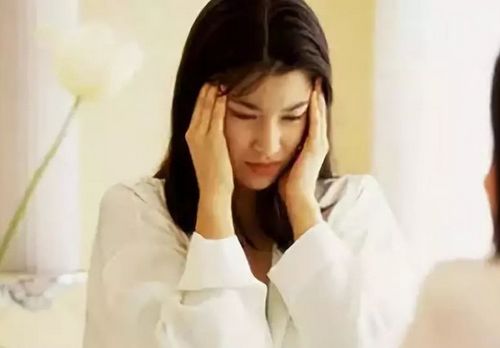
Anemia is a very common issue, especially among middle-aged and elderly individuals with poor absorption and digestion, who are more prone to anemia. Severe anemia can lead to early wrinkles, premature graying of hair, and early onset of menopause.
However, when it comes to blood nourishment, most people immediately think of red dates and brown sugar. In reality, these are incorrect approaches. Eating some red dates and brown sugar in daily life is fine, but they do not alleviate anemia symptoms or achieve blood nourishment.
What does blood nourishment entail?
Clinically, the most common type of anemia referred to in everyday conversation isiron deficiency anemia. This is usually caused by insufficient hematopoietic materials, impaired iron absorption, or chronic blood loss leading to iron depletion. This type of anemia has the highest incidence among women of childbearing age and infants.
Therefore, in addition to receiving a doctor’s diagnosis and treatment, if we want to alleviate anemia symptoms through dietary adjustments and achieve “blood nourishment,” we shouldsupplement foods rich in iron and vitamin C to aid in the synthesis of hemoglobin.
These foods do not nourish blood?
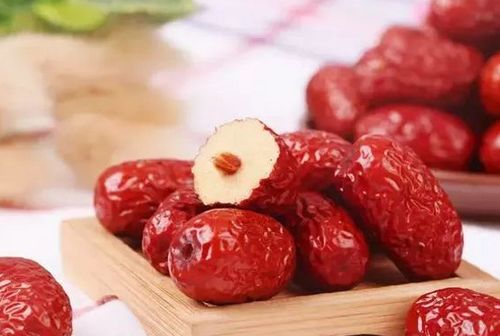
01. Red dates do not nourish blood Every 100 grams of fresh jujube (hereinafter referred to as fresh dates) contains 1.2 mg of iron, while dried red dates (hereinafter referred to as dried dates) contain 2.3 mg, but this is much lower than the iron content in animal products.
Moreover, we do not consume large amounts of red dates at a time.
Taking an average of 3-5 large dates daily, consuming 50 grams of fresh dates (pitted) or 25 grams of dried dates (pitted) provides only about 0.6 mg of iron. This is far from the recommended daily intake—12 mg for men and 20 mg for women.
Additionally, our body absorbs different types of iron at varying rates: heme iron from animal foods has an absorption rate of over 10%-20%, while red dates, being plant-based, have an absorption rate of only 3%-5%.
Therefore, relying solely on red dates for blood nourishment, even if you eat a basketful daily, is unlikely to yield good results.
02. Brown sugar does not nourish blood
Brown sugar is unrefined sugar, with up to 96.6% of its composition being carbohydrates, and it contains very little minerals, including iron.Drinking brown sugar water can at most supplement sugar, but relying on brown sugar for blood nourishment is not reliable.
03. Ejiao dates do not nourish blood
Ejiao dates are essentially jujubes in disguise; those cheap packaged Ejiao dates found in supermarkets contain very little Ejiao and cannot nourish blood, although they do contain a lot of sugar.
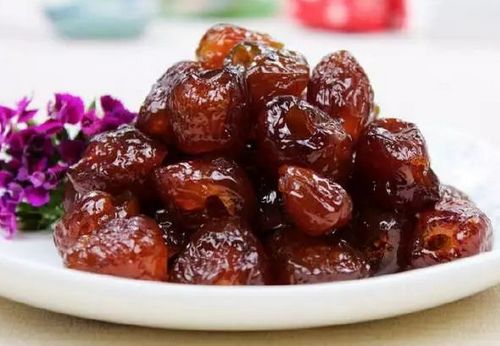
The true blood nourishing foods are these five:
Blood Nourishing Food #5: Egg Yolk
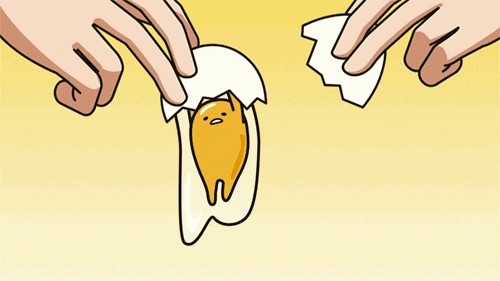
Every 100 grams of egg yolk contains 7 mg of iron. Although its iron absorption rate is only 3%, eggs are readily available, easy to store, and rich in other nutrients, making them a good supplementary food source for infants to increase iron intake.
Blood Nourishing Food #4: Black Chicken
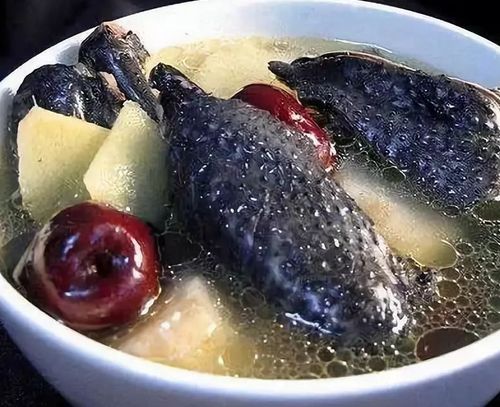
Black-boned chicken can warm the middle, benefit qi, nourish the liver and kidneys, delay aging, and strengthen bones. It also has a good improvement effect on menstrual irregularities and iron deficiency anemia in women.
Blood Nourishing Food #3: Red Meat
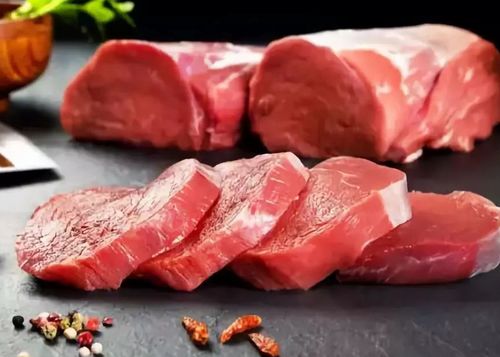
Red meats, including pork, beef, and lamb, are rich in heme iron. These meats not only contain abundant iron but also have an absorption rate of up to 20%. For example, beef contains 3.3 mg of iron per 100 grams.
Blood Nourishing Food #2: Animal Blood
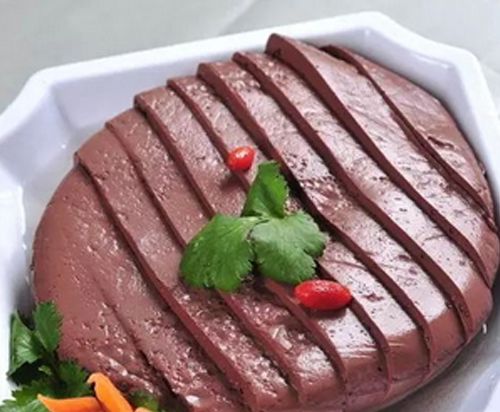
Animal blood and its products are rich in iron. Every 100 grams of pig blood contains 8.7 mg of iron, while duck blood contains over 30 mg of iron. Compared to the iron content in red dates, it is clear that animal blood products are indeed rich in iron, and almost all of it is heme iron, which is easily absorbed and utilized, greatly aiding in blood nourishment.
Blood Nourishing Food #1: Animal Liver
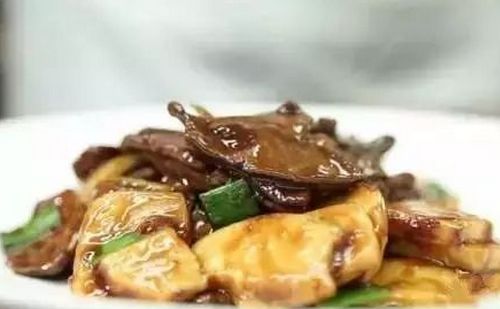
Animal liver is rich in iron and is one of the ideal foods for blood nourishment. It can be braised, stir-fried, or made into soup, and it is recommended to pair it with green vegetables.
Young people can eat it 2-3 times a week, with each serving being 10-30 grams, while those over 50 should consume it once every two weeks.
Three Important Reminders About Blood Nourishment
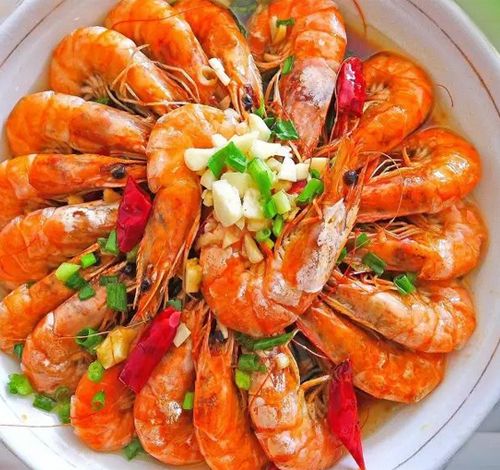
1. In addition to the foods mentioned above, soy products, animal blood, fish, shrimp, and peanuts should also be consumed, as they can also nourish blood. Additionally, eating more fresh vegetables and fruits rich in vitamin C is beneficial for blood nourishment, as vitamin C aids in the conversion and utilization of iron.
2. The primary cause of anemia is iron deficiency, and the treatment of anemia cannot rely solely on blood-nourishing supplements. For example, in cases of iron deficiency anemia, iron supplementation is necessary, rather than just consuming blood-nourishing supplements, which have little effect on treating anemia.
3. Tea should be consumed in moderation; otherwise, it can easily lead to iron deficiency anemia. This is because tannins in tea and polyphenols in coffee can form insoluble salts with iron, inhibiting iron absorption. Therefore, women should limit their intake of coffee and tea.
Especially for women, maintaining good health and beauty requires sufficient qi and blood. The most effective way to nourish blood is to eat foods rich in heme iron, plant-based iron, and vitamin C. If necessary, consult a doctor for targeted treatment to achieve good results.
Note: (Copyright statement: The content of this article has been compiled by the editor from online sources, and the copyright belongs to the original author. If there is any infringement, please contact the editor, who will delete it promptly. This platform aims to disseminate health preservation knowledge.
Likes are a form of encouragement | Sharing is the best

